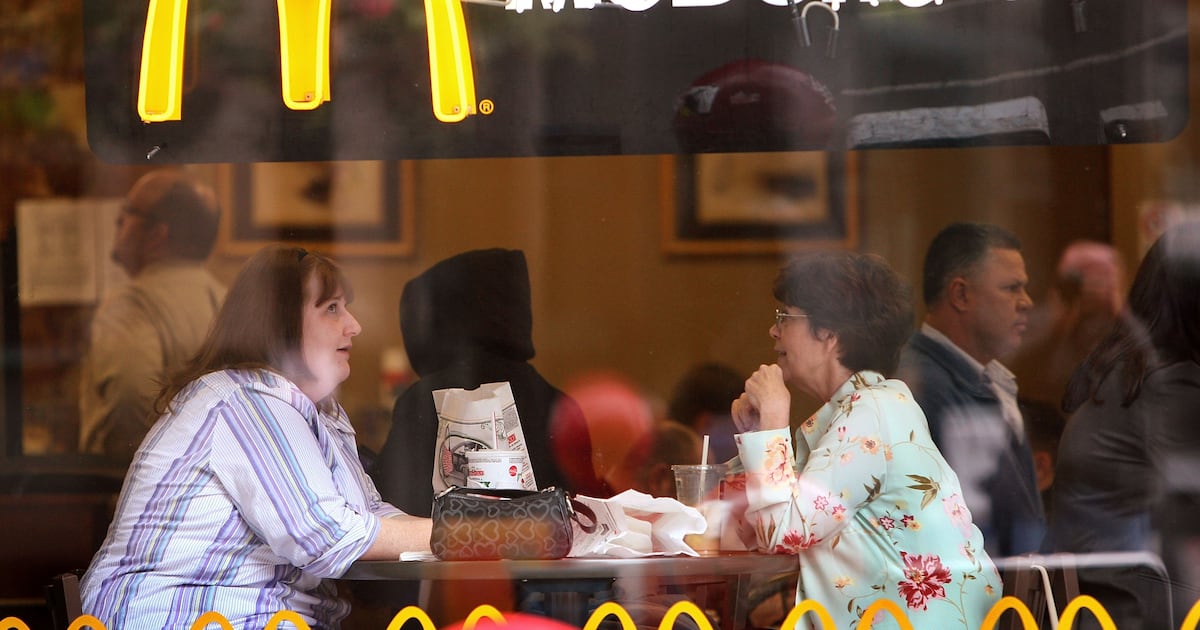Business
Government Budget Plans Criticized for Cuts and Economic Risks

As the budget announcement approaches, the Irish Government faces scrutiny over its financial strategy. Minister for Finance Paschal Donohoe and Minister for Public Expenditure Jack Chambers advocate for “prudent management of public finances,” yet critics argue that proposed measures may lead to economic instability. Next year’s budget is set to increase spending by around €8 billion, while planned tax cuts will reduce revenues by €1.4 billion. This combination suggests a spending increase of 6.5 percent, surpassing the sustainable growth rate of the economy.
The Central Bank of Ireland warns that such rapid spending growth could potentially overheat the economy, exacerbating inflation which has started to decline. Current estimates indicate that prices are approximately 2 percent higher than they would have been if government spending had adhered to its previously established fiscal rules. This situation translates into a loss of purchasing power of around €1,000 annually for the average household.
Concerns arise not only from spending increases but also from the Government’s track record of failing to adhere to budget plans. For instance, the spending increase projected in Budget 2025 was €3 billion, yet actual spending is on track to surge by €7.6 billion. The primary contributors to this overspend include capital, health, and social protection expenditures.
Particularly controversial is the proposed cut to Value Added Tax (VAT) on hospitality, which the Government claims is a “solemn commitment.” However, this measure is delayed until the summer, ostensibly to create more space for tax cuts in the upcoming budget. This approach appears to underestimate the long-term fiscal ramifications, with the annual cost of this VAT reduction exceeding €600 million.
Moreover, this VAT cut would disproportionately benefit larger hospitality businesses, such as McDonald’s and Michelin-starred restaurants, raising questions about the equitable distribution of financial relief. Efforts to exclude multinational fast-food chains from the VAT reduction would likely complicate tax regulations further, creating confusion and encouraging legal disputes.
The proposed VAT reduction also risks further eroding Ireland’s already fragile tax base, which increasingly depends on corporation tax revenues. Currently, three-quarters of these receipts come from a small number of American companies, amplifying concerns about fiscal stability. The Government anticipates running a surplus of revenue over expenditure primarily due to these corporation tax receipts. Without these temporary windfalls, the Government would be on track to spend €8 billion more than it collects this year.
The Economic and Social Research Institute (ESRI) cautions that external factors, such as changes in U.S. pharmaceutical production and pricing, could significantly affect the profits of American firms operating in Ireland and, subsequently, their corporation tax payments. Instead of broadening the tax base, recent budgets have narrowed it, with cuts to the Universal Social Charge (USC) and Local Property Tax (LPT) reducing annual tax revenues by at least €3.5 billion.
These cuts contradict the recommendations from the Commission on Taxation and Welfare, which Donohoe himself established. By ignoring such advice, the current administration appears to favor a spendthrift approach reminiscent of former Minister for Finance Charlie McCreevy, rather than a prudent fiscal policy.
The Government’s strategy to adjust spending in response to economic conditions—ramping up during favorable times while scaling back in downturns—could lead to procyclical financial policies. This approach risks repeating past mistakes that contributed to economic volatility in the 2000s. The Fiscal Advisory Council, established to prevent such issues, advocates for slowed spending growth and fewer tax cuts now to provide room for future economic intervention when needed.
Prudent financial management does not preclude spending increases or new initiatives; it requires a more strategic approach. Ministers have emphasized that infrastructure will be a key focus of the budget, citing a significant shortfall compared to other high-income countries in areas such as housing, transport, and electricity. Addressing these critical infrastructure needs will necessitate sustained investment and potentially require the Government to prioritize spending effectively.
In conclusion, the upcoming budget’s proposed VAT cut on Big Macs contradicts the stated goal of prudent fiscal management. The Government’s financial plans must reflect a commitment to long-term economic stability, prioritizing essential investments without sacrificing fiscal integrity.
-

 Top Stories3 months ago
Top Stories3 months agoTributes Surge for 9-Year-Old Leon Briody After Cancer Battle
-

 Entertainment4 months ago
Entertainment4 months agoAimee Osbourne Joins Family for Emotional Tribute to Ozzy
-

 Politics4 months ago
Politics4 months agoDanny Healy-Rae Considers Complaint After Altercation with Garda
-

 Top Stories4 months ago
Top Stories4 months agoIreland Enjoys Summer Heat as Hurricane Erin Approaches Atlantic
-

 World5 months ago
World5 months agoHawaii Commemorates 80 Years Since Hiroshima Bombing with Ceremony
-

 Top Stories3 months ago
Top Stories3 months agoNewcastle West Woman Patricia Foley Found Safe After Urgent Search
-

 Top Stories5 months ago
Top Stories5 months agoFianna Fáil TDs Urgently Consider Maire Geoghegan-Quinn for Presidency
-

 World5 months ago
World5 months agoCouple Convicted of Murdering Two-Year-Old Grandson in Wales
-

 World5 months ago
World5 months agoGaza Aid Distribution Tragedy: 20 Killed Amid Ongoing Violence
-

 World5 months ago
World5 months agoAristocrat Constance Marten and Partner Convicted of Infant Murder
-

 Top Stories4 months ago
Top Stories4 months agoClimbing Errigal: A Must-Do Summer Adventure in Donegal
-

 Top Stories4 months ago
Top Stories4 months agoHike Donegal’s Errigal Mountain NOW for Unforgettable Summer Views









